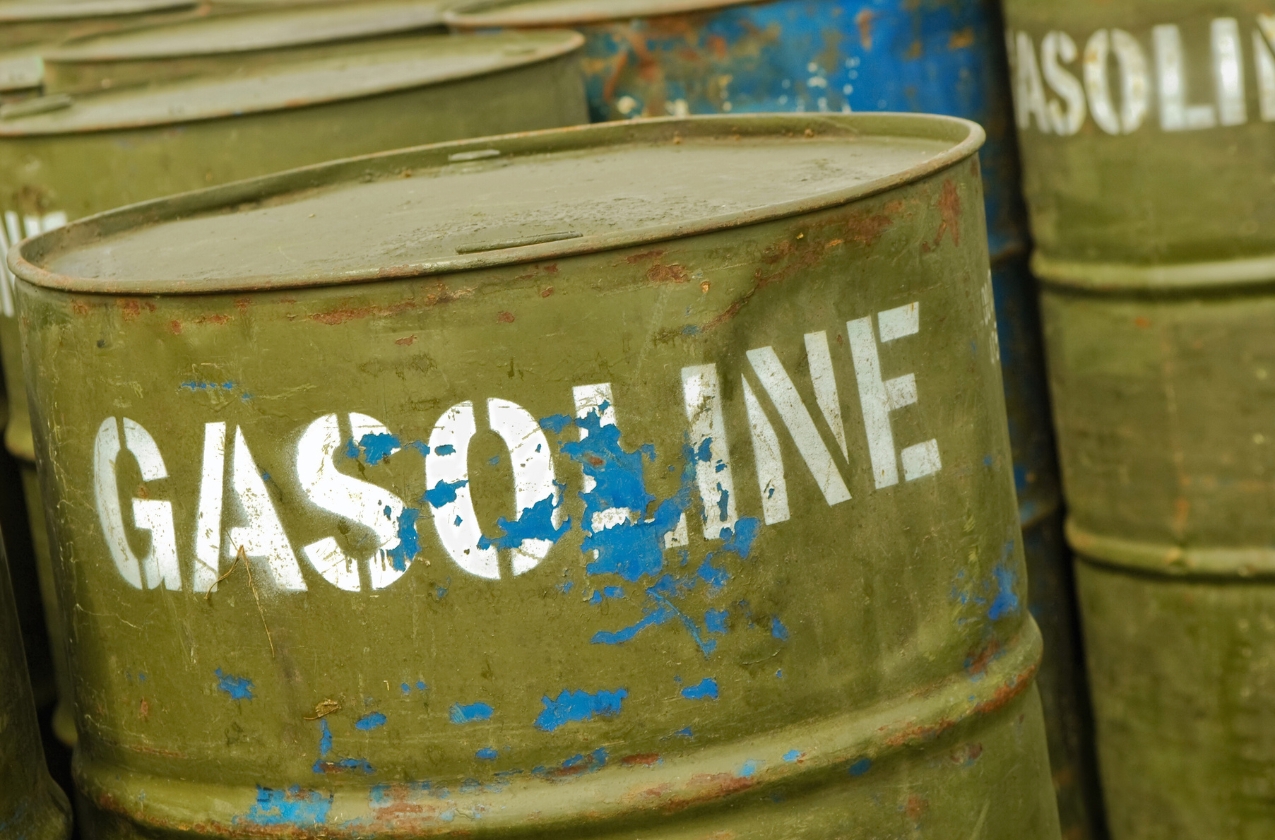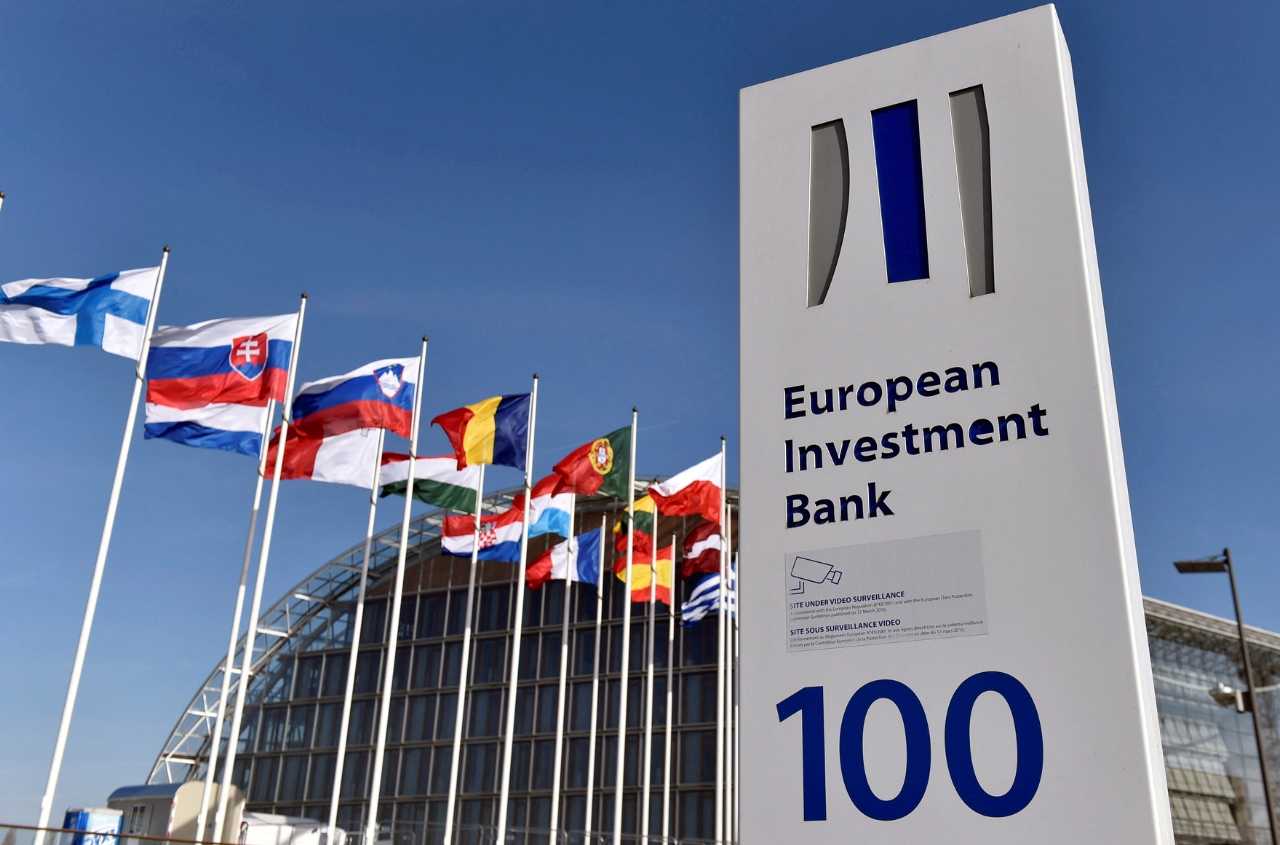Amid rapidly rising fuel prices, the Russian government is considering a complete ban on gasoline exports, which could have far-reaching consequences for both the energy sector and Russian consumers already burdened by ineffective state policies.
As a result, gasoline prices on the exchange have surged sharply. In June, AI-95 gasoline increased by 11% to 67,456 rubles per ton, and AI-92 by 12% to 64,462 rubles. Since the beginning of the year, prices have risen by over 25%, significantly impacting consumers’ wallets.
The expansion of current restrictions is being discussed—from traders and oil depots to direct producers, including key state players like Rosneft. Simultaneously, the Kremlin is considering reducing compensation to oil companies through the "dampener" mechanism—a tool designed to curb the rise of domestic fuel prices.
Despite the recent drop in global oil prices, petroleum product exports remain one of the few stable sources of foreign currency for the Russian economy. A total ban on gasoline exports would likely further undermine the industry’s profits and not provide quick relief for the domestic market.





















